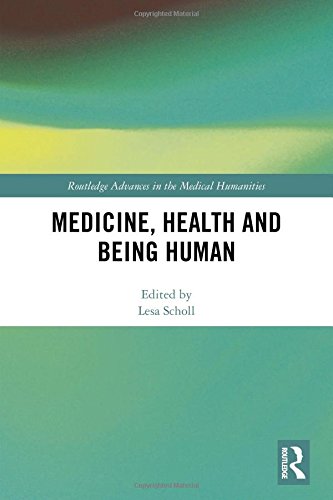

Most ebook files are in PDF format, so you can easily read them using various software such as Foxit Reader or directly on the Google Chrome browser.
Some ebook files are released by publishers in other formats such as .awz, .mobi, .epub, .fb2, etc. You may need to install specific software to read these formats on mobile/PC, such as Calibre.
Please read the tutorial at this link: https://ebookbell.com/faq
We offer FREE conversion to the popular formats you request; however, this may take some time. Therefore, right after payment, please email us, and we will try to provide the service as quickly as possible.
For some exceptional file formats or broken links (if any), please refrain from opening any disputes. Instead, email us first, and we will try to assist within a maximum of 6 hours.
EbookBell Team

4.8
64 reviewsMedicine, Health and Being Humanbegins a conversation to explore how the medical has defined us: that is, the ways in which perspectives of medicine and health have affected cultural understandings of what it means to be human. With chapters that span from the early modern period through to the contemporary world, and are drawn from a range of disciplines, this volume holds that incremental historical and cultural influences have brought about an understanding of humanity in which the medical is ingrained, consciously or unconsciously, usually as a mode of legitimisation. Divided into three parts, the book follows a narrative path from the integrity of the human soul, through to the integrity of the material human body, then finally brought together through engaging with end-of-life responses. Part 1 examines the move from spirituality to psychiatry in terms of the way medical science has influenced cultural understandings of the mind. Part 2 interrogates the role that medicine has played in the nineteenth and twentieth centuries in constructing and deconstructing the self and other, including the fusion of visual objectivity and the scientific gaze in constructing perceptions of humanity. Part 3 looks at the limits of medicine when the integrity of one body breaks down. It contends with the ultimate question of the extent to which humanity is confined within the integrity of the human body, and how medicine and the humanities work together toward responding to the finality of death. This is a valuable contribution for all those interested in the medical humanities, history of medicine, history of ideas and the social approaches to health and illness.